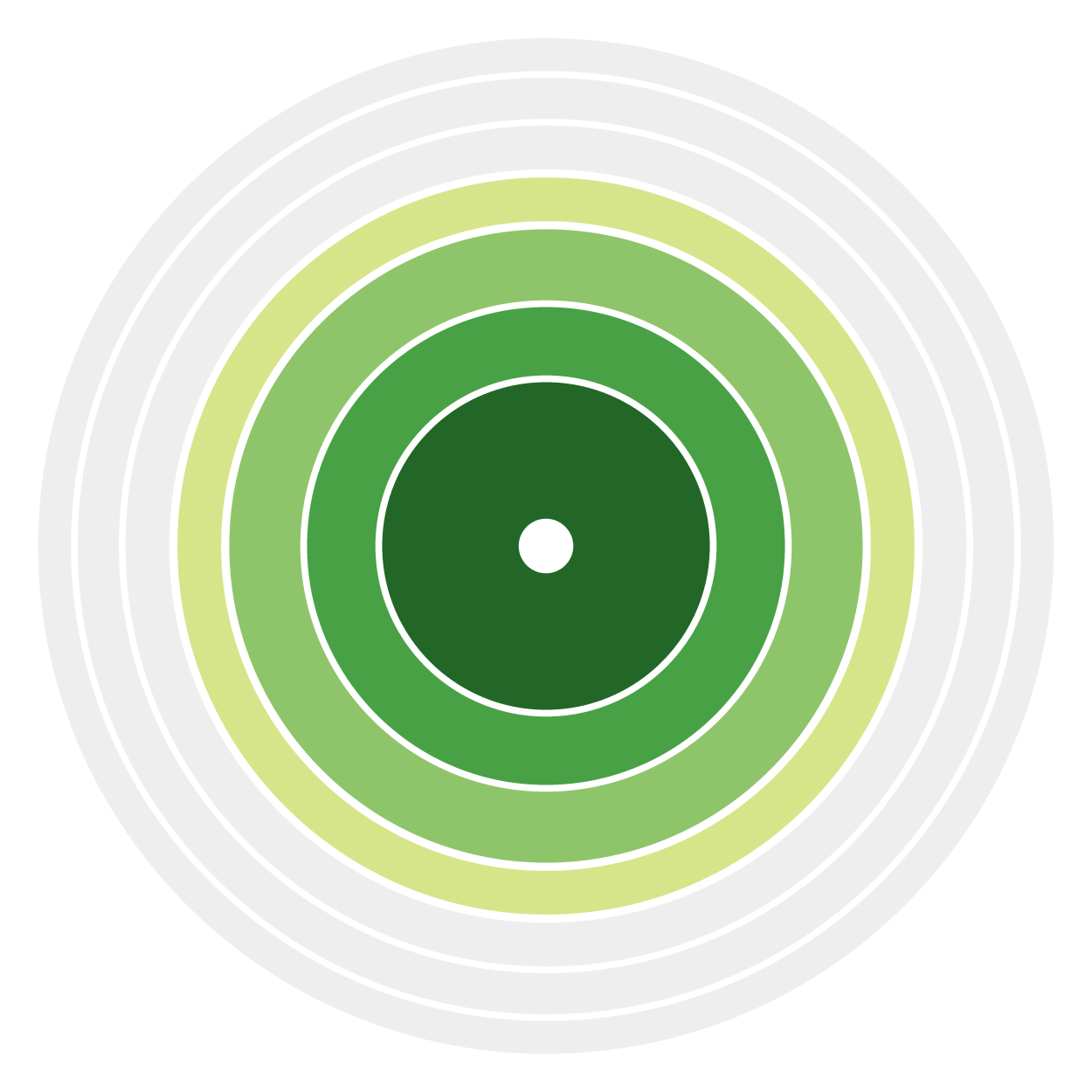Japanese vocabulary organized by JLPT level
Wikipedia JLPT N5 Vocab 101-200
QUICK STUDY
FLASHCARDS
DOWNLOAD
expression, noun
1. girl; daughter2. young woman
(click the word to view an additional 1 reading and 5 forms, examples and links)
noun
1. town; block; neighbourhood; neighborhood2. street; road
(click the word to view an additional 1 reading, 3 meanings and 2 forms, examples and links)
adverbial noun (fukushitekimeishi), noun (temporal) (jisoumeishi)
evening; night(click the word to view an additional 1 reading, examples and links)
1. to say; to utter; to declare
2. to name; to call
(click the word to view an additional 1 reading, 1 meaning and 4 forms, useful expressions, examples and links)
noun
1. here (place physically close to the speaker, place pointed by the speaker while explaining); this place (see also: 何処, 其処, 彼処; often written with kana only)2. these last (followed by a duration noun and a past sentence: time period before the present time of the speaker) (see also: 今迄)
(click the word to view an additional 1 meaning and 4 forms, examples and links)
adverbial noun (fukushitekimeishi), noun (temporal) (jisoumeishi)
1. spring; springtime2. New Year
(click the word to view an additional 3 meanings, examples and links)
noun, 'no' adjective
English (language)(click the word to view an additional 2 forms, examples and links)
pronoun, 'no' adjective
1. that (indicating an item or person near the listener, the action of the listener, or something on their mind); it (see also: 何れ, 此れ, 彼・あれ; often written with kana only)2. that time; then
(click the word to view an additional 2 meanings and 3 forms, examples and links)
noun, noun (prefix)
1. half; semi-noun, noun (suffix)
2. half-past(click the word to view an additional 2 meanings, examples and links)
noun (temporal) (jisoumeishi)
1. tomorrow2. near future (this meaning is restricted to reading あす)
(click the word to view an additional 2 readings and 3 forms, examples and links)
noun, 'no' adjective
foreign country(click the word to view an additional 1 reading and 2 forms, examples and links)
'u' godan verb, transitive verb
1. to use (a thing, method, etc.); to make use of; to put to use2. to use (a person, animal, puppet, etc.); to employ; to handle; to manage; to manipulate (see also: 人使い)
(click the word to view an additional 2 meanings and 2 forms, examples and links)
'na' adjective, noun
1. important; necessary; indispensable2. beloved; precious; dear; cherished; valuable
(click the word to view an additional 1 reading and 1 meaning, examples and links)
'ru' godan verb, transitive verb
1. to make; to produce; to manufacture; to build; to construct (造る usu. for large-scale building, manufacturing, etc. 創る usu. for creating)2. to prepare (food); to brew (alcohol)
(click the word to view an additional 11 meanings and 3 forms, useful expressions, examples and links)
noun
1. classroom2. department; laboratory
(click the word to view an additional 1 meaning, examples and links)
noun
shoes; boots; footwear; footgear(click the word to view an additional 5 forms, examples and links)
loveable; very likeable; like very much
(click the word to view an additional 2 forms, examples and links)
adverbial noun (fukushitekimeishi), noun (temporal) (jisoumeishi)
yesterday(click the word to view an additional 1 reading and 2 forms, examples and links)
Most common form: 一番
noun, 'no' adjective
1. number one; first; first place2. best; most
(click the word to view an additional 3 meanings and 3 forms, examples and links)
noun, 'no' adjective
entranceway; entry hall; vestibule; foyer; entryway; mud room(click the word to view an additional 2 forms, examples and links)
'mu' godan verb, transitive verb
1. to read2. to count (see also: さばを読む; now mostly used in idioms)
(click the word to view an additional 1 meaning, examples and links)
pronoun, 'no' adjective
1. you (referring to someone of equal or lower status) (貴女 refers only to females and 貴男 refers only to males; often written with kana only; polite (teineigo) language)2. dear (what a wife calls a husband)
(click the word to view an additional 3 forms, examples and links)
noun
1. dog (Canis (lupus) familiaris)2. snoop (i.e. a detective, a spy, etc.)
(click the word to view an additional 2 meanings and 3 forms, examples and links)
noun, 'suru' verb
1. study2. diligence
(click the word to view an additional 1 meaning, examples and links)
noun
1. the vertical; height2. front-to-back; length
(click the word to view an additional 3 meanings and 3 forms, useful expressions, examples and links)
adverbial noun (fukushitekimeishi), pronoun
when; how soon (often written with kana only)(click the word to view an additional 1 form, useful expressions, examples and links)
adverbial noun (fukushitekimeishi), noun (temporal) (jisoumeishi)
afternoon; p.m.(click the word to view an additional 2 forms, examples and links)
1. to hold (in one's hand); to take; to carry
2. to possess; to have; to own
(click the word to view an additional 3 meanings, useful expressions, examples and links)
noun
1. flesh2. meat
(click the word to view an additional 1 reading, 3 meanings and 2 forms, examples and links)
noun (temporal) (jisoumeishi), adverbial noun (fukushitekimeishi)
1. beginning; start; outset; openingnoun
2. first (in line, etc.) (esp. 初め)(click the word to view an additional 2 meanings and 2 forms, examples and links)
'na' adjective, adverb, 'no' adjective, noun, noun (suffix)
1. remainder; rest; balance; remains; scraps; residue; remnant (often written with kana only)(click the word to view an additional 2 meanings and 3 forms, examples and links)
noun, 'no' adjective
adult(click the word to view an additional 1 reading and 2 forms, examples and links)
Most common form: 他
noun, 'no' adjective
1. other (place, thing, person); the rest2. outside; beyond (esp. 外; often written with kana only)
(click the word to view an additional 2 meanings and 2 forms, examples and links)
'ru' godan verb, transitive verb
1. to know; to be aware (of); to be conscious (of); to learn (of); to find out; to discover2. to sense; to feel; to notice; to realize
(click the word to view an additional 5 meanings and 2 forms, useful expressions, examples and links)
conjunction
and; and then; thus; and now (often written with kana only)(click the word to view an additional 2 forms, examples and links)
adverbial noun (fukushitekimeishi), noun (temporal) (jisoumeishi)
last year(click the word to view an additional 1 reading, examples and links)
adverbial noun (fukushitekimeishi), noun (temporal) (jisoumeishi)
morning; a.m.(click the word for examples and links)
few; a little; scarce; insufficient; seldom
(click the word to view an additional 4 forms, examples and links)
adverbial noun (fukushitekimeishi), noun (temporal) (jisoumeishi)
morning(click the word to view an additional 1 reading, examples and links)
Most common form: 大変
1. very; greatly
'na' adjective, noun
2. immense; enormous; great(click the word to view an additional 3 meanings and 2 forms, examples and links)
'na' adjective, noun
1. lively; full of spirit; energetic; vigorous; vital; spirited2. healthy; well; fit; in good health
(click the word to view an additional 2 forms, useful expressions, examples and links)
'su' godan verb, transitive verb
1. to take out; to get out2. to put out; to reveal; to show
(click the word to view an additional 6 meanings, examples and links)
noun
1. that (indicating something distant from both speaker and listener (in space, time or psychologically), or something understood without naming it directly) (see also: 何れ, 此れ, 其れ; often written with kana only)2. that person (used to refer to one's equals or inferiors)
(click the word to view an additional 5 meanings and 2 forms, examples and links)
noun, 'no' adjective, 'na' adjective, 'suru' verb
illness; disease; sickness(click the word to view an additional 2 forms, examples and links)
expression, noun
boy; male child; baby boy(click the word to view an additional 5 forms, examples and links)
'no' adjective, suffix
2. best(click the word to view an additional 3 meanings and 5 forms, examples and links)
'na' adjective, adverbial noun (fukushitekimeishi), noun
1. splendid; nice; wonderful; delicious; sweet2. sufficient; fine (in the sense of "I'm fine"); (by implication) no thank you
(click the word to view an additional 3 meanings, examples and links)
noun, 'suru' verb
1. police box; small neighborhood police stationnoun, noun or verb acting prenominally
2. alternation; alternating (e.g. current)(click the word for examples and links)
noun
1. first day of the month (usu. 一日 or 1日)2. first ten days of the lunar month (archaic; this meaning is restricted to reading ついたち)
(click the word to view an additional 1 reading and 5 forms, examples and links)
noun
1. near; close; beside; vicinity; proximity; besides; while (often written with kana only)2. third person
(click the word to view an additional 3 forms, examples and links)
1. safe; all right; alright; OK; okay; sure
2. certainly; surely; undoubtedly
(click the word to view an additional 1 reading and 1 meaning, examples and links)
noun
1. rest; recess; respite2. vacation; holiday; absence; suspension
(click the word to view an additional 1 meaning, examples and links)
ichidan verb, intransitive verb
1. to leave; to exit; to go out; to come out; to get out (opposite: 入る)2. to leave (on a journey); to depart; to start out; to set out
(click the word to view an additional 18 meanings, useful expressions, examples and links)
noun
1. shirt (underwear); undershirt; singlet (also written as 襯衣)2. shirt (outerwear, esp. dress shirt)
(click the word for examples and links)
Kanshudo is your AI Japanese tutor, and your constant companion on the road to mastery of the Japanese language.
To get started learning Japanese, just follow the study recommendations on your Dashboard.
You can use Quick search (accessible using the icon at the top of every page) to look up any Japanese word, kanji or grammar point, as well as to find anything on Kanshudo quickly.
For an overview, take the tour.




